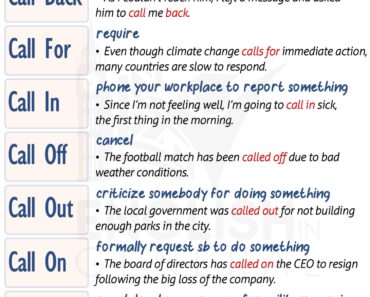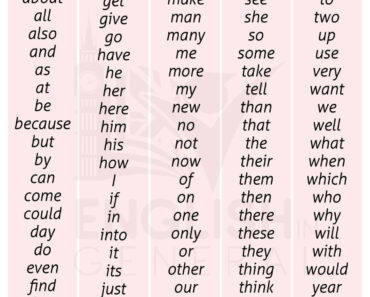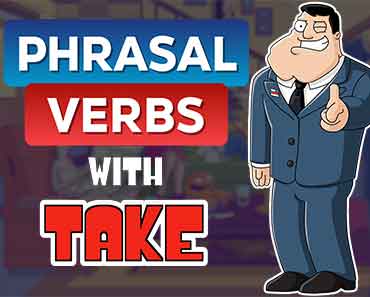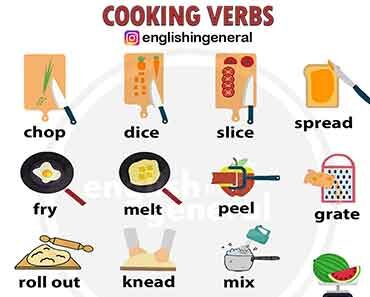Advanced English Idioms
Idioms are phrases that have a special meaning different from the words in them. For example, saying “break the ice” doesn’t mean literally breaking ice; it means to start a conversation in a social setting. These expressions can seem strange at first, but they are very common in everyday English and add flavor to the language. In this article, we will explore some popular and advanced idioms, explain their meanings, and show you how they are used. Understanding these idioms will not only enhance your English vocabulary but also help you sound more like a native speaker. So, let’s begin our journey into the intriguing and colorful world of advanced English idioms!
Advanced English Idioms with Examples and Meaning
1. Fair and Square
Meaning: In a straightforward and honest manner, without cheating.
Example: She won the chess game fair and square; there were no tricks involved.
When someone wins a competition fair and square, they have done so purely on their own skill or ability. There’s a sense of integrity and honesty in the phrase that celebrates the fairness of the victory.
2. Bigger Fish to Fry
Meaning: Having more important things to do or deal with.
Example: I can’t worry about that now; I’ve got bigger fish to fry with the upcoming project deadline.
This idiom is often used when someone needs to prioritize larger or more urgent tasks over minor issues. Imagine a cook in a busy kitchen who has to focus on the main course rather than the side dishes.
3. Draw the Line
Meaning: To set a boundary; to define a limit of acceptable behavior.
Example: I draw the line at lending money to friends; it’s just too complicated.
With this phrase, you’re making it clear where your limits are, much like drawing a line on the ground that should not be crossed.
4. Bite the Bullet
Meaning: To endure a painful experience or to bravely face a difficult situation.
Example: He hated going to the dentist but decided to bite the bullet and go for his appointment.
Originally referring to a practice where a patient would clench a bullet between their teeth as a way to cope with the pain of surgery before modern anesthesia, this idiom now speaks to facing something unpleasant with courage.
5. Right as Rain
Meaning: To feel perfectly well or in excellent health.
Example: After a few days of rest, she was feeling right as rain and ready to return to work.
This phrase suggests that everything is as it should be, just like a refreshing rain that brings everything to life.
6. Rain or Shine
Meaning: Regardless of the weather or circumstances.
Example: The outdoor wedding will happen rain or shine, so bring an umbrella just in case!
This idiom is used to say that an event or activity will happen irrespective of any hindrances, especially the weather.
7. Up in the Air
Meaning: Something that is uncertain or undecided.
Example: The company’s expansion plans are still up in the air until they secure more funding.
When matters are up in the air, they are like objects tossed into the sky—not yet settled anywhere specific.
8. Burn Bridges
Meaning: To destroy one’s path, connections, or opportunities, especially deliberately.
Example: Leaving her job in such a dramatic fashion might burn bridges with her former employer.
Burning bridges is a powerful image of cutting off a way back or ruining relationships that might have been beneficial in the future.
Advanced English Idioms with TV Series and Movies
Watching TV series can be a great way to learn English, and it’s especially good for understanding idioms. Idioms are phrases where the words together have a different meaning than the words by themselves. For example, when someone on a show says they’re ‘feeling under the weather’, they mean they’re not feeling well. By watching shows, you see how native speakers naturally use these expressions. It’s like a fun lesson without being in a classroom. You get to hear idioms in conversations and see what they mean in real life.
So, let’s learn some of those with TV Series and movies. You can find the video below.






